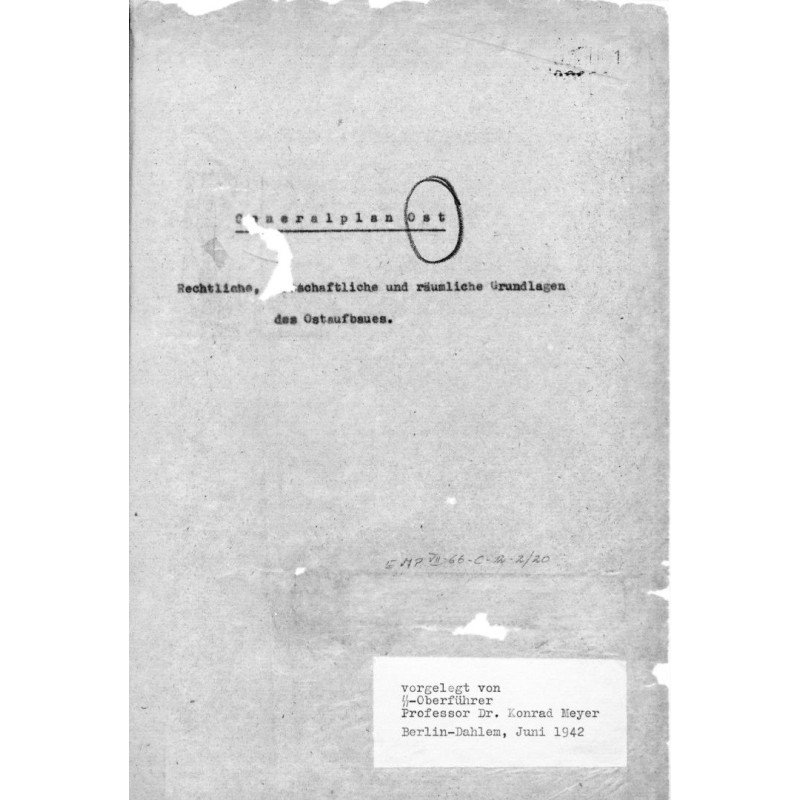Mirror gallery. The Great Depression, the Great Recession, History's Lessons Learned and Unlearned
 Instant download
Instant download
after payment (24/7)
 Wide range of formats
Wide range of formats
(for all gadgets)
 Full book
Full book
(including for Apple and Android)
The two great financial crises of the last hundred years—the Great Depression of the 1930s and the Great Recession that began in 2008—were set against a backdrop of a credit boom, questionable banking practices, and a fragile and unstable financial system. Since the onset of the 2008 crisis, governments have turned to the lessons of the Great Depression in an effort to prevent the worst from happening. Although their response avoided financial collapse and a catastrophic depression like the one that occurred in the 1930s, unemployment in the United States and Europe reached incredibly high levels. Why couldn't the authorities achieve better results? In his new book, Gallery of Mirrors, the eminent American economist Barry Eichengreen offers the most detailed answer to this question to date. Comparing the Great Depression and the Great Recession in Europe and North America, he shows how the fear of another depression that spread after the collapse of Lehman Brothers shaped government responses on both continents. Because the banking collapse was a defining feature of the Great Depression, authorities provided emergency bailouts to troubled banks. But because derivatives markets played no role in the 1930s, governments overlooked the problems of the so-called shadow banking system. Having done too little to maintain spending in the 1930s, governments increased public spending this time. But these measures have led to a worsening economic situation in countries with too much debt, especially in southern Europe. Moreover, as policymakers made impossible promises and their policies failed to stop a severe recession, the actions of governments and central banks caused a backlash. Politicians decided to return to business as usual before the economic situation returned to normal. The result was a slow recovery in the United States and a never-ending recession in Europe. Gallery of Mirrors is an important work of economic history and a detailed examination of how we have avoided repeating some, but not all, of the same mistakes. This book shows not only how the "lessons" of the Great Depression continue to shape society's response to modern economic problems, but also how the experience of the Great Recession will forever change our understanding of the Great Depression.
Data sheet
- Name of the Author
- Барри Эйхенгрин
- Language
- Russian
Reviews
Важливе дослідження економічної історії
Книга «Дзеркальна галерея» є надзвичайно важливим внеском у розуміння фінансових криз та їх впливу на сучасну економіку. Баррі Ейхенгрін майстерно порівнює Велику депресію та Велику рецесію, надаючи читачеві глибоке розуміння не лише економічних механізмів, але й соціальних наслідків цих криз. Автор детально аналізує, чому уроки, засвоєні з минулого, не завжди були успішно застосовані в сучасності, і які помилки повторилися. Його аргументи про те, як страх перед новими економічними катастрофами вплинув на рішення урядів, змушують задуматися про те, як важливо вчитися на історії. Ця книга не лише інформативна, але й надзвичайно актуальна для всіх, хто цікавиться економікою, політикою та соціальними науками. Я б рекомендував її всім, хто прагне глибше зрозуміти, як минулі події формують наше сьогодення та майбутнє.












